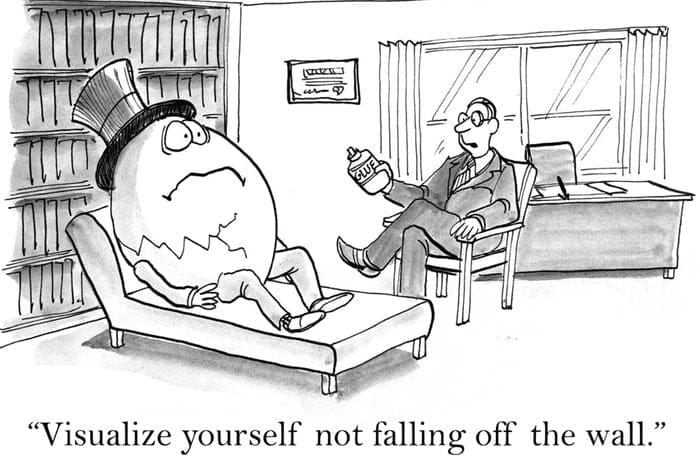Anxiety can be really debilitating. It’s all in your head, but you know what your head controls? Literally everything, so it’s a pretty deal.
Case in point: I was supposed to submit this blog post on the first of August, and look at when this was published. August XXX. It’s hard being a full X weeks behind from your deadline, but you know. I make the hard jobs easy.
Okay, so what is anxiety?
Anxiety is usually defined by most articles as a feeling of fear, dread, and uneasiness (medlinesplus.gov). Personally, I prefer the definition of anxiety as something characterized by apprehension and feelings of tension. You see, anxiety is similar to fear. They’re even used as synonyms for each other. However, there is one thing, maybe a few things, that differentiate the two from each other. Anxiety generally stems from the future, from anticipation of future events, while fear is based mostly in the present and typically manifests in short responses. Anxiety can last for years. There’s a reason why chronic fear isn’t a widely used term and chronic anxiety is.
Anxiety manifests in many different ways. For me, it puts me in a freeze state. I’m caught in-between fight and flight, and my status of choice is to play dead until it goes away. There’s an analogy on Reddit that I really like it: you’re sitting in a chair. You lean back, lean back so far, and my anxiety is all about that singular moment right where you absolutely know that you are about to fall on your butt before you fall on your butt. For me, it’s that feeling, but all the time.
I’ve noticed that my peers around me are anxious too, even the happiest people. Anxiety now covers eating and drinking in public, going to crowded places, wearing certain clothes, etc.
One common symptom of anxiety that I experience is a high heart rate. My resting heart rate (when you’re not doing any physical activity, like sitting down and watching TV) whenever I’m having a major attack is usually above 120bpm (so far, my record is ~190bpm). These attacks come out of nowhere, without negative thoughts. It’s all just static to me. I can wake up and instantly feel very, very uncomfortable. I smile and greet my windows because I know that I’m about to spend the entire day doing nothing. Yay!
I also get cold hands and feet. That’s because in some cases, one’s anxiety can cause their body to kind of shut down, dispersing nutrients and energy only to its vital parts, which are… decidedly not my hands and feet. I go into a state of inertia. I do basically nothing but scroll on my phone and pick at my skin.
But enough about me, because I could go on and on about my own symptoms.
Here are some other common symptoms of anxiety people might experience:
- Worrying about future events excessively
- Being afraid to leave a certain location
- Being afraid to do a certain action
- Digestion/stomach issues
- Shaking/tremors
- Vertigo / dizziness
- High muscle tension
- Spiraling thoughts
- Shortness of breath
Now, these all sound really bad, but anxiety is not an inherently bad thing. In the past, it was the feeling that kept you alive. You were on guard for that scary, scary dire wolf that could snap you in two. Without anxiety in the past, you would live without a care, and that would get you killed. The issue is that it flares up for scenarios it does not need to flare up for and that sometimes it does not go away. It lasts and festers, and our bodies were never meant to endure chronic periods of stress.
Want to learn about how to deal with your anxiety or how to help someone else with anxiety? Then stick around for a bit. Please?





Leave a Reply